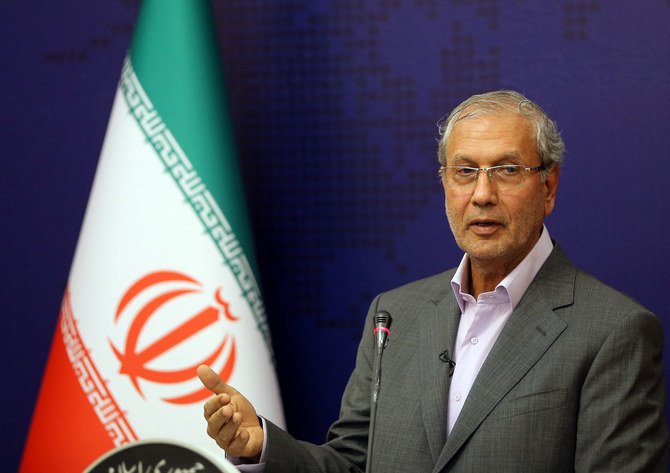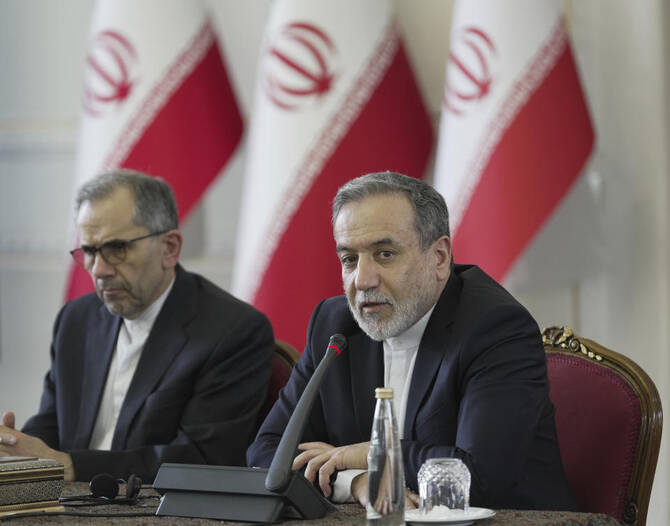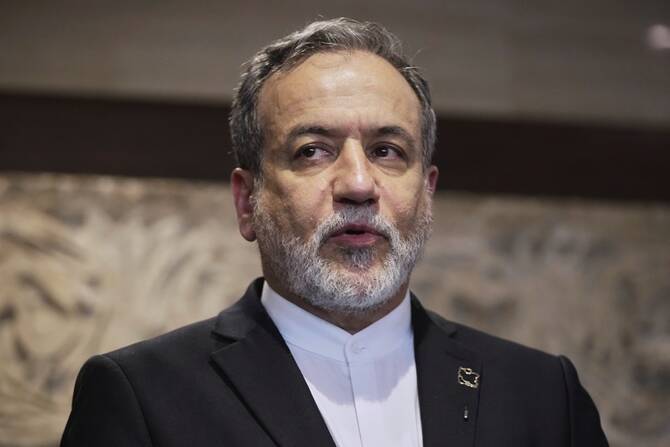TEHRAN: Iran is “examining” whether to extend an agreement to allow the UN to monitor some of its nuclear activities, government spokesman Ali Rabiei said Tuesday.
Questions around IAEA cameras and other surveillance tools are part of broader talks underway in Vienna to try to salvage Iran’s tattered 2015 nuclear deal with major powers.
Iran restricted access to some of its nuclear facilities to inspectors from the International Atomic Energy Agency, the UN’s nuclear watchdog, in February under a law passed late last year.
Since then, the Islamic Republic has refused to provide real-time footage from IAEA cameras and data from other surveillance devices that the UN agency has installed in these locations.
The IAEA and Tehran have nevertheless negotiated a compromise that guarantees a certain degree of monitoring of Iran’s nuclear program.
The monitoring equipment remains in the IAEA’s custody, but the data is in the possession of Iran and should not be deleted as long as the arrangement remains in force.
Initially agreed for three months, the compromise was extended for a further month but then expired on June 24. The IAEA has since been urging Tehran to inform it of its intentions.
Regarding the agreement with the IAEA, “we are examining the need [to renew it] and any other possibility,” Rabiei said Tuesday, without elaborating, at a press conference in Tehran.
On Monday, the Iranian foreign ministry had said “no decision” on the deletion or retention of the recorded data had been taken yet.
The 2015 nuclear deal offered Tehran relief from Western and UN sanctions in exchange for a commitment to never acquire nuclear weapons, and a drastic reduction of its nuclear program.
But the pact was torpedoed in 2018 by former US president Donald Trump, who unilaterally withdrew the United States and reimposed US sanctions and imposed new ones.
In retaliation, Iran renounced most of its key commitments restricting its controversial nuclear activities, which it says are for peaceful purposes only.
AFP






















